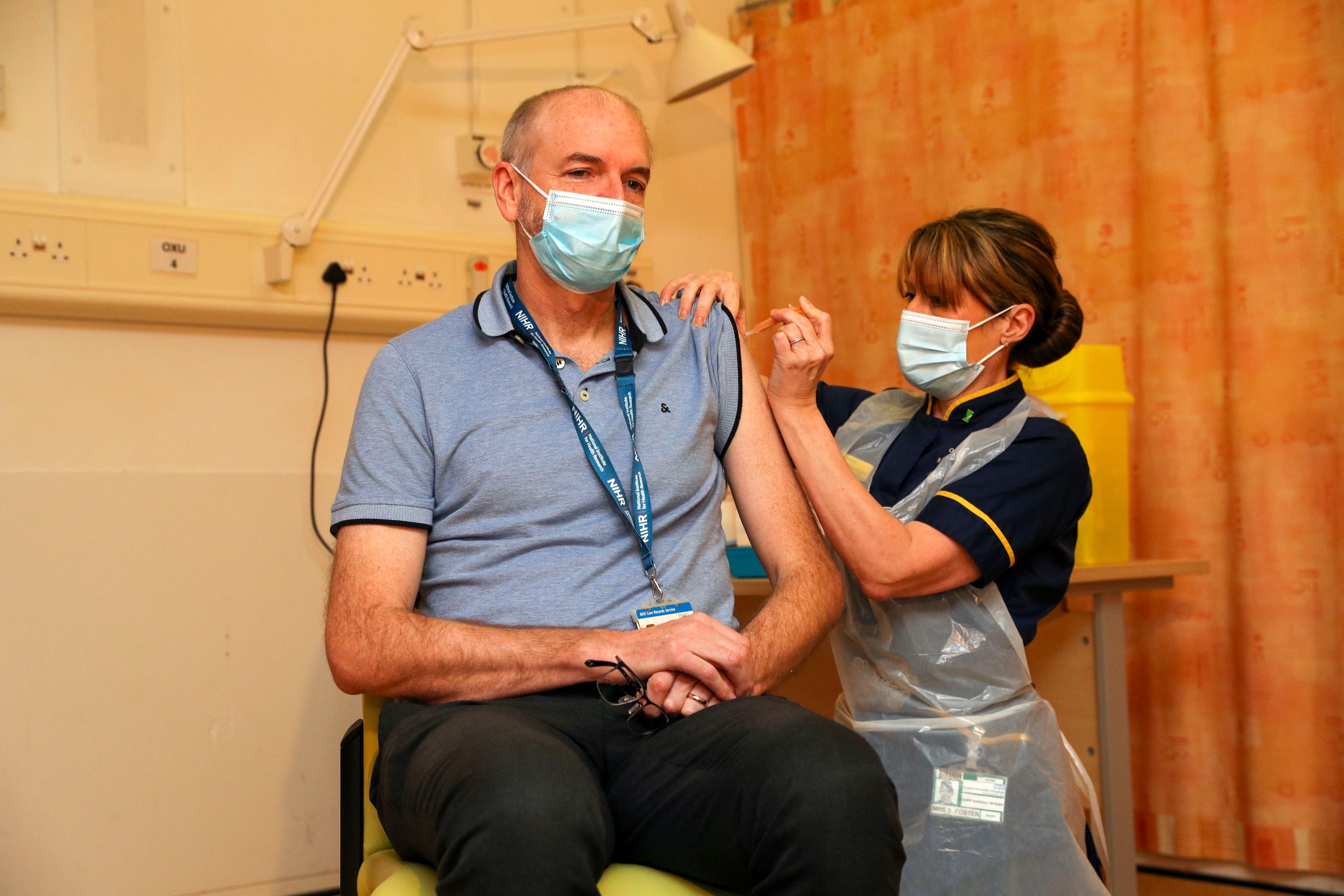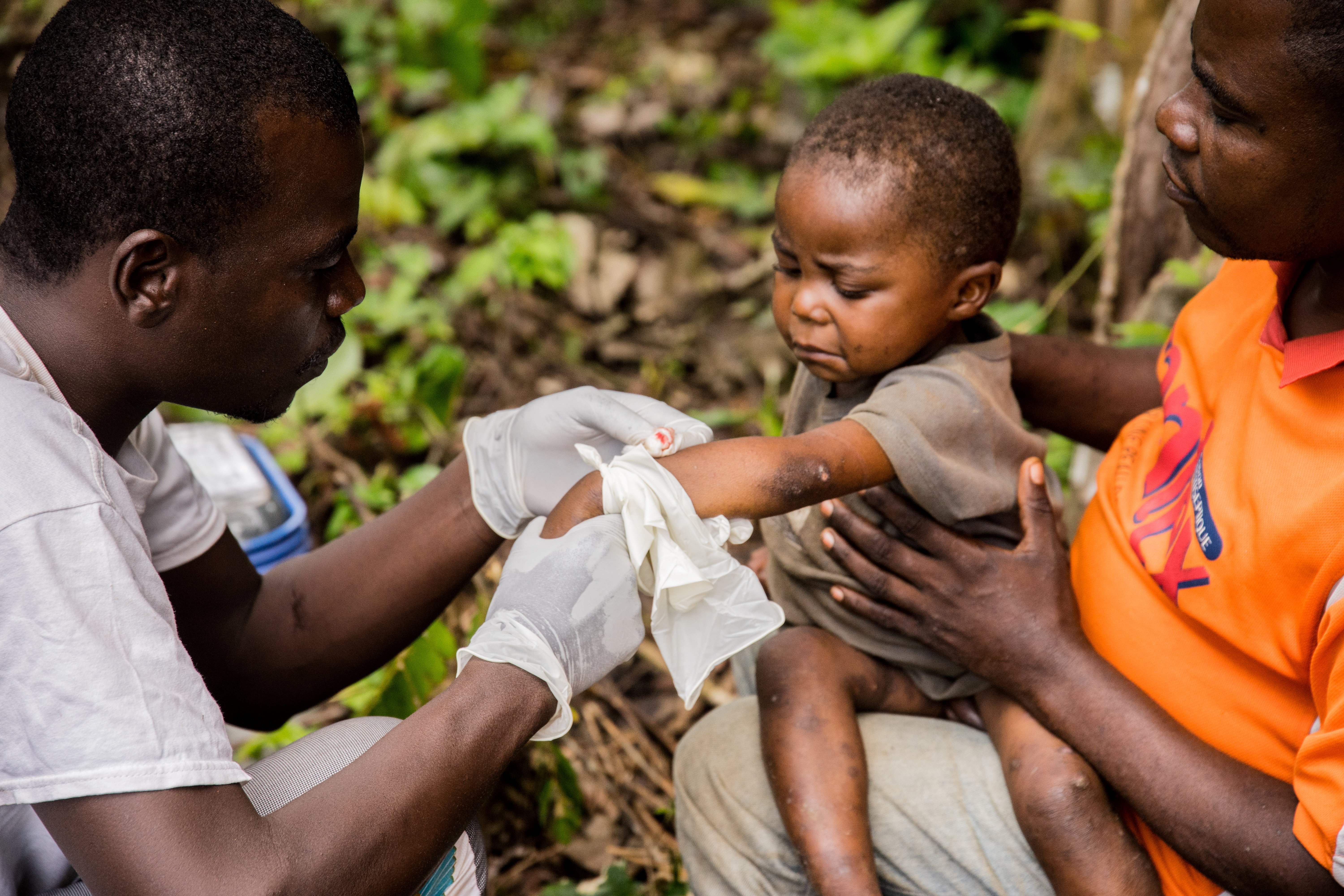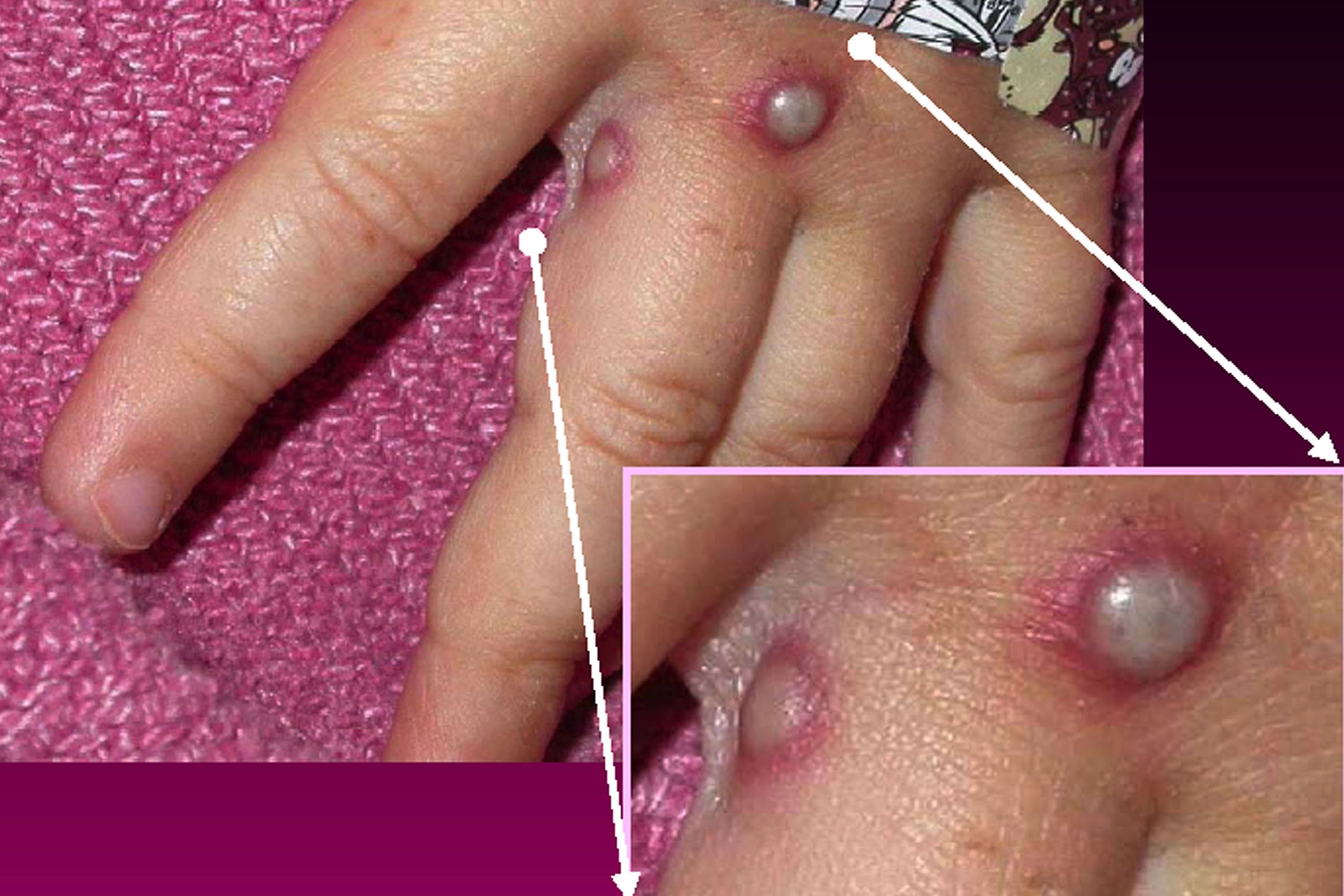Monkeypox: World ‘cannot take eye off the ball’ over infectious diseases, Oxford vaccine chief warns
Professor Sir Andrew Pollard, director of the Oxford Vaccine Group, calls for immediate investment into pandemic preparedness
Your support helps us to tell the story
From reproductive rights to climate change to Big Tech, The Independent is on the ground when the story is developing. Whether it's investigating the financials of Elon Musk's pro-Trump PAC or producing our latest documentary, 'The A Word', which shines a light on the American women fighting for reproductive rights, we know how important it is to parse out the facts from the messaging.
At such a critical moment in US history, we need reporters on the ground. Your donation allows us to keep sending journalists to speak to both sides of the story.
The Independent is trusted by Americans across the entire political spectrum. And unlike many other quality news outlets, we choose not to lock Americans out of our reporting and analysis with paywalls. We believe quality journalism should be available to everyone, paid for by those who can afford it.
Your support makes all the difference.The world cannot take its “eye off the ball” in preparing for the next pandemic, a leading scientist behind the Oxford jab has warned as the latest monkeypox outbreak continues to spread.
Professor Sir Andrew Pollard, director of the Oxford Vaccine Group, insisted the rise in monkeypox infections “really isn't a Covid-like scenario,” but said it was yet another reminder of the need to invest in pandemic preparedness and vaccine development for infectious diseases.
The failure to do so “really puts the human population at risk,” he told The Independent, adding that future diseases which go on to spread throughout the world could be much deadly than Covid-19 or monkeypox.
“We've really seen what two very mild diseases can do in terms of public concern and [in the case of Covid] the impact on populations, even though it was less than 1 per cent mortality,” he said. “It's been incredibly disruptive.
“So we've been dealing with, in many ways, milder diseases than many of the previous pandemics. So what would it look like if we'd actually had a virus that was a bigger threat, like the original coronavirus, Sars-CoV-2, from 20 years ago, that was around 10 per cent mortality?
“We have to really invest now because there's a danger that you take your eye off the ball when you reach this end of the pandemic period, where there's lots of other things to focus on, the cost of living crisis and so on. It's very difficult to stay focused on something which might not happen.”

Sir Andrew said monkeypox, which is caused by a virus, is a mild infection that is “much less transmissible” than coronavirus.
It can be more severe in vulnerable people, such as those with weakened immune systems, pregnant women and young children, but the majority of those with the disease recover in a matter of weeks, health officials say.
Nonetheless, “from a public health perspective, there's a major response required in order to control it,” Sir Andrew added.
Scientists from across the world are working to determine what is behind the spread of a pathogen that typically does not pass from human to human. Most people who are infected with monkeypox catch it from an animal in the wild, with the virus endemic in parts of west and central Africa.

More than 180 confirmed or suspected cases are being investigated in at least 15 countries, with clear evidence of community transmission. More than half are in Spain and Portugal. No deaths have yet to be reported.
Samples of the virus have already been analysed by scientists and it does not appear to have undergone any significant genetic mutations that would drive heightened transmission.
Instead, patients in the recent outbreak have been infected with an old strain of the virus that originated from Western Africa.
A leading adviser to the WHO described the outbreak of cases as “a random event” that might be explained by two recent mass events in Europe.
Dr David Heymann, who formerly headed WHO's emergencies department, said the leading theory to explain the spread of the disease was sexual transmission - and the close contact that it brings - among gay and bisexual men at two raves held in Spain and Belgium.

The World Health Organisation said the outbreak is “atypical” and said the fact that cases are being seen in so many different countries suggests the disease may have been silently spreading for some time.
Regardless of the origins, Sir Andrew said UK health officials were in a position of strength to tackle the growing spread of infections, having already instructed people who have unprotected direct contact with monkeypox cases to self-isolate for 21 days and work from home.
“The big advantage here is it's not as if we were starting from scratch with developing a vaccine and needing eight months to a year to do that,” Sir Andrew said.
“We have licensed vaccines for smallpox, which are effective against monkey pox. So there are obviously approaches that can be used to try and reduce transmission, particularly vaccinating contacts and so on.”
The Imvanex smallpox vaccine is about 85 per cent effective in preventing monkeypox, studies suggest. Vaccination after a monkeypox exposure may help prevent the disease or make it less severe.
Sir Andrew said he doesn’t believe that it’s necessary to develop a jab specific to monkeypox, given the high protection levels provided by the existing smallpox vaccine.
However, he said, more generally the UK government needs to increase its investments into pandemic preparedness and the development of vaccines that protect against other infectious diseases.
“The UK funding in this area I would hope will increase but at this moment it’s probably a little bit too early to see whether there's major investment in new projects to try and have us better prepared,” Sir Andrew said.
“We're creating an ideal situation for spread [of infectious diseases] by the expansion of human populations and globalisation. We now have more people on the planet than ever before. They need to be fairly crowded together, which we’re quite good at doing. Then you need good travel and communication … encroaching on animal populations … We're doing all of those things.”



Join our commenting forum
Join thought-provoking conversations, follow other Independent readers and see their replies
Comments